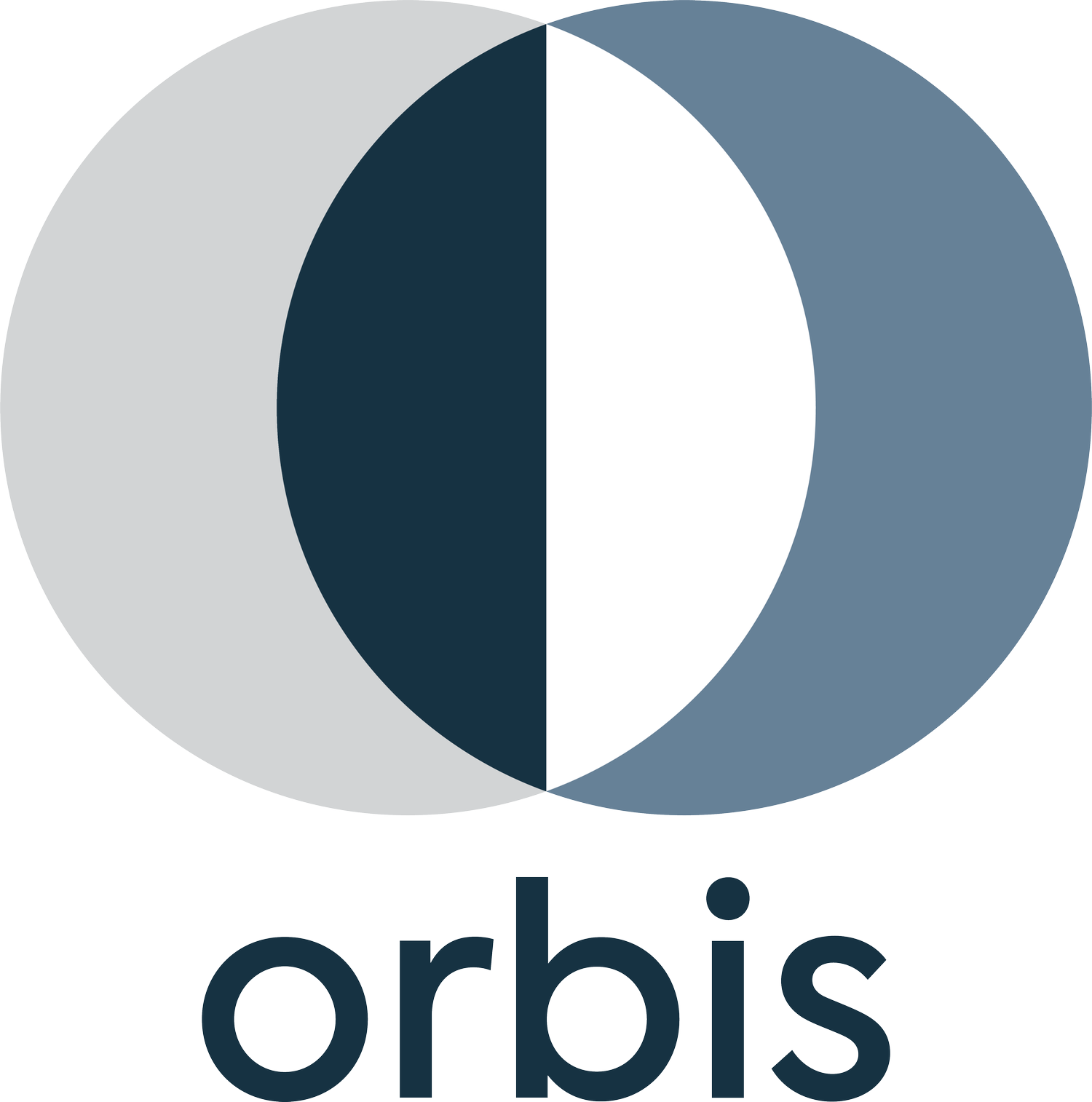Preparing for GRESB 2025 – What You Need to Know and How to Stay Ahead
With the GRESB Portal opening for the 2025 GRESB Assessments on 1st April, real estate companies should start preparing for the reporting cycle and meeting the new 2025 requirements. Read on for an overview of 2025 changes, implications, and how we can help you prepare for GRESB 2025.
Why GRESB Matters
GRESB (Global Real Estate Sustainability Benchmark) is an industry-leading ESG benchmark that evaluates the sustainability performance of real estate portfolios and infrastructure assets. It provides investors and stakeholders with standardised data on environmental, social and governance (ESG) performance, helping them to assess risk, resilience and long-term value.
As of 2024, GRESB had 2,223 real estate participants and 887 infrastructure participants. More than 150 institutional investors, with $53.8 trillion in assets under management, use GRESB to monitor ESG progress within their portfolios. Key benefits of GRESB participation include engaging investors, gaining access to new capital, getting ahead of ESG reporting requirements (through GRESB’s alignment with common ESG reporting frameworks), and benchmarking performance against peers.
In light of the recent proposed changes to the EU sustainability reporting requirements through the Omnibus package, which saw reductions in the scope of CSRD as well as a move away from sector-specific standards, it can be expected that GRESB will remain a relevant benchmark for real estate companies in the years to come.
What Has Changed for 2025
The updates to the GRESB Real Estate Standard for 2025 are centred around embodied carbon, renewable energy, energy efficiency, biodiversity, and sector-specific circumstances for residential real estate.
Embodied Carbon:
All updates on embodied carbon in 2025 are unscored but are anticipated to be scored from 2026 onwards. The changes primarily affect the development component:
it stand out
Development: “DMA2.1 Life cycle assessments” is removed as an indicator and some of its components are integrated into the new indicator “DMA2 Embodied carbon measurement & disclosure” (previously DMA2.2). The scope is extended to cater for all development projects regardless of if they were completed during the year although emission measurements are only required for projects completed during the year. The end-of-life scope (Module C) is also removed from measurement. A new indicator “DT1 Embodied carbon targets” is introduced, collecting information on upfront carbon targets and alignment to external frameworks.
Performance: changes have been made to the “Tenants & Community” section, particularly “TC3 Fit-out & refurbishment program for tenants on ESG” and “TC4 ESG-specific requirements in lease contracts”. TC3 has a new section on ESG topics covered in fit-out and refurbishment programs and TC4 now collects information on elements of data sharing and metering clauses of green leases.
Management: a new indicator “RM4.2 Embodied carbon in acquisitions” is introduced, requiring reporting on the scope and characteristics of asset-level risk assessments of embodied carbon emissions for new acquisitions.
Renewable Energy:
In line with the RE100 Procurement Type classification system, GRESB will now capture information on how electricity is procured and how and if market-based claims are made. The key dimensions considered next to the type of market-based claim are proximity and vintage. Proximity refers to how close the energy source is to where it is consumed, while Vintage refers to how close the timing between generation and consumption is. This change will require additional reporting in 2025 but will not be scored.
Energy Efficiency:
GRESB recognises that assets that already are highly energy efficient are often unable to demonstrate large year-on-year improvements, making them unfit for the energy like-for-like change scoring. Energy efficient assets will receive a score of 2.5 points which is then aggregated using the asset’s floor area and ownership as a weighting factor. However, several criteria must be met, including having an Energy Use Intensity (EUI) value that is lower than the corresponding threshold established by the ASHRAE Standard 100:2024.
Biodiversity:
A new, unscored indicator has been added to the management component’s “Risk Management” section on biodiversity and nature-related strategies. From 2025, participants will need to report whether they have a biodiversity strategy in place and how this considers dependencies, impacts, risks and opportunities.
Residential Real Estate Supplement:
Entities with residential assets are now required to report on newly introduced indicators although this does not have a scoring impact in 2025. Specifically, the “Tenants & Community” and “Building Certifications” sections of the performance component have been adapted, and six new indicators have been added to reflect material for residential assets that is currently missing from the GRESB assessment.
Other Changes:
The scoring for the indicator “SE4 Employee safety indicators” in the “Stakeholder Engagement” section of the management component has been updated for 2025. Participants now need to select four employee safety metrics to receive the full 0.5 points (previously two had to be selected).
Furthermore, evidence will need to be provided for “T1.2 Net Zero Targets” in the “Targets” section of the performance component, although this will not be scored in 2025. For the indicators on climate-related risks (RM6.1-6.4 of the management component), GRESB has provided additional guidance on manual validation requirements.
Implications for Real Estate Companies:
While the 2025 GRESB changes primarily focus on reporting updates, their real impact on scoring is expected to take effect from 2026 onwards. This makes the 2025 assessment a critical progress checkpoint, allowing participants to identify key gaps before they influence future scores.
Companies can also use this year’s assessment to demonstrate proactive adaptation to evolving investor priorities, such as biodiversity strategies and alignment to net zero pathways. Even though these factors may not yet affect GRESB scores, strong progress in these areas can enhance investor confidence and help maintain long-term stakeholder relationships.
Additionally, with 2025 scoring criteria remaining relatively stable, this year presents an opportunity to showcase improvements from the substantial 2024 GRESB updates. Where companies cannot yet show measurable progress on scoring changes, having a clear plan in place to address them will be key for stakeholders. Orbis Advisory’s end-to-end process ensures that companies not only optimise their 2025 submission but also receive forward-looking improvement recommendations that help them strategically prepare for 2026 and beyond.
How Orbis Advisory Can Support You:
Orbis Advisory can support your GRESB submission at several levels of involvement.
Our full GRESB process is designed to take as much work as possible off your hands by managing the 2025 response draft as well as portal uploads, with only a review of the response needed from your side. We address the GRESB process end-to-end, taking you through a review of your 2024 response (if available), 2025 data collection, qualitative response and asset-level spreadsheet drafts, a pre-assessment score check using our bespoke internal tool, portal uploads (incl. Public Disclosure Assessment), and a final score review with improvements for 2026.
Our process can be tailored to support your specific needs, and we can support at specific points of your GRESB response. We also offer the services described above individually and can support you with an independent pre-submission score check, a review of your final response, a 2025 final score review and recommendations report, or external verification of your data to ISAE 3000.
Don’t put your GRESB score – and your investment appeal – at risk by waiting until the last minute to address data gaps, refine ESG strategies, or align with new disclosure expectations. Get ahead of the curve by booking a free consultation today and ensure your portfolio is prepared for 2025 and beyond. Contact our sustainability experts at info@orbisadvisory.com now to start improving your GRESB performance.



